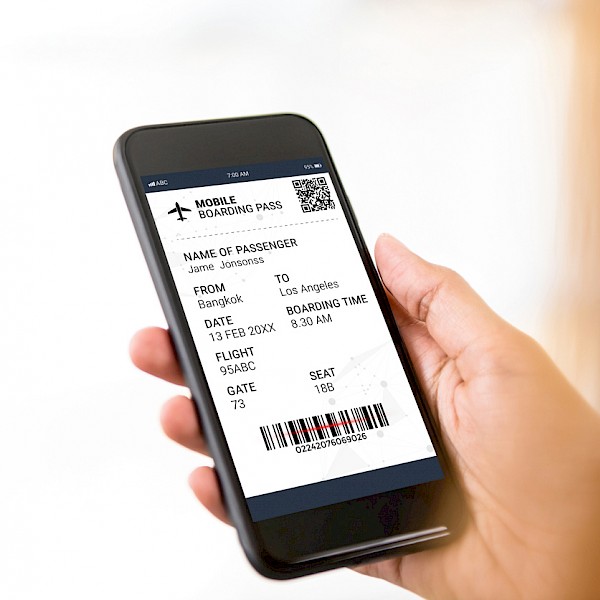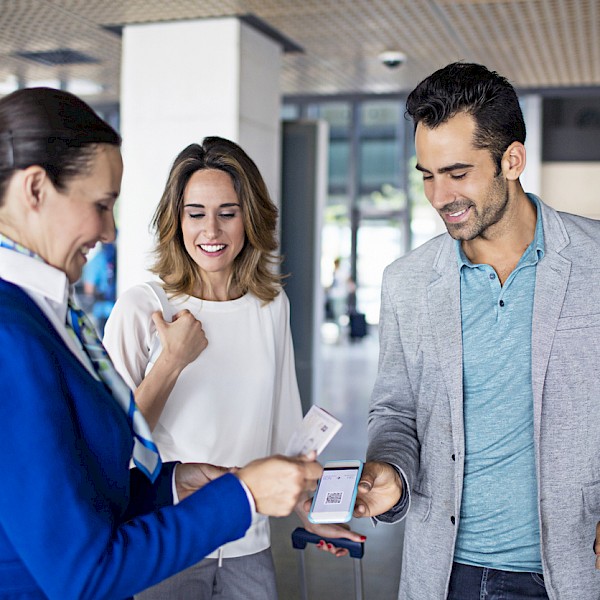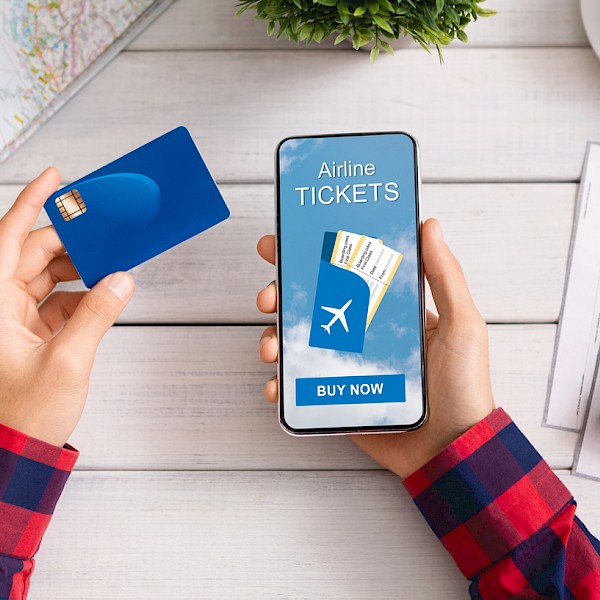Customer experience in the airline industry



The digital revolution has transformed consumer expectations across all industries – and customers now feel it should be fast, simple and easy to make purchases and to order services, whatever and whenever.
Despite this, air travel remains a complex and often difficult process, with security, passport control and significant travel all to be faced before passengers can board their flights. Nevertheless, changes are gradually being rolled out to make the customer journey more of a pleasure and less of a hassle – something that cannot come too soon, given the steadily growing number of global travellers.


Vision-Box, for example, is a leading provider of electronic identity management solutions which supplies automated passport control services for airports around the world. This means that airports can accelerate the throughflow of passengers at a crucial chokepoint, without increasing staffing. This naturally makes passengers happier, while reducing issues caused by growing queues of people (which will occur continually at bottlenecks).
Many airports now have apps which serve a similar purpose by helping direct passengers around the site. Gatwick and American Airlines, for example, both provide apps with Augmented Reality wayfinding tools – overlaying directions onto the real world (viewed via the phone's camera), making sense of a potentially confusing environment, and pointing exactly where the individual should go to reach their destination (which may be particularly useful for people with visual impairments or other disabilities).
As well as guiding individuals to locations such as check-in and baggage pickup, these apps can also highlight retail outlets and eateries; and they could even be used to advertise stores and to promote discounts and offers that are available.


In terms of retail, airports also present an unusual opportunity for luxury and prestige brands to reach consumers at a time when they are particularly likely to make a purchase (when looking for gifts, in the mood for holiday spending or wanting to offload foreign currency, for example). Given this, many outlets have used novel techniques to attract customers to their offerings. For example, Bacardi created a virtual cocktail bar where customers could “visit” the best bars in the world using a VR headset; while Rémy Martin created an interactive installation using Microsoft HoloLens, enabling buyers to learn about the company's vineyards. Other stores, meanwhile, have used AR tools to mock-up what bespoke items and outfits will look like when finished – enhancing the experience and giving shoppers a more tangible sense of what they are ordering.
The impact of digitalisation isn't just consumer facing, however. Digitally tracking retail inventory (and luggage) around airports means that these items can be moved more quickly and smoothly than before, and with less need for repeated manual inspection. Equally, moving goods via autonomous vehicles will reduce demands on personnel, cut friction in the system and simplify security (by taking humans and possible human interference out of the equation).


A similar change has taken place with the sale of tickets and with check-in, all of which can now be completed online, without talking to a human, and which, of course, can be handled in full via a mobile device. Online sales also allow airlines to promote everything from additional legroom and larger luggage allowances to hotel rooms, car hire and taxi services, affording them the opportunity to upsell and cross-sell customers. All these offerings build on the airline's profit margin beyond the base price of the ticket – a must given the ease with which customers can compare prices between different carriers, before setting on the cheapest seat.
Having passengers check their own baggage, meanwhile, presents a new frontier in cutting human interactions, and consequent costs, from the process – theoretically making the process fast, simple and frictionless. It's one more example of a case where investing in technology and automating services can cut overheads and boost efficiency.
This is perhaps the key ambition for innovation in the sector: to remove hold-ups and to make the system faster, simpler and less stressful. This, of course, frees passengers to enjoy their journey – and to engage with shopping outlets and other services offering in the meantime, to the benefit of retailers and airport operators.

Empiric is a multi-award winning business and one of the fastest growing technology and transformation recruitment agency's specialising in data, digital, cloud and security. We supply technology and change recruitment services to businesses looking for both contract and permanent professionals.

Read more (pdf download)
Empiric are committed to changing the gender and diversity imbalance within the technology sector. In addition to Next Tech Girls we proactively target skilled professionals from minority groups which in turn can help you meet your own diversity commitments. Our active investment within the tech community allows us to engage with specific talent pools and deliver a short list of relevant and diverse candidates.
For more information contact
02036757777
To view our latest job opportunities click here.